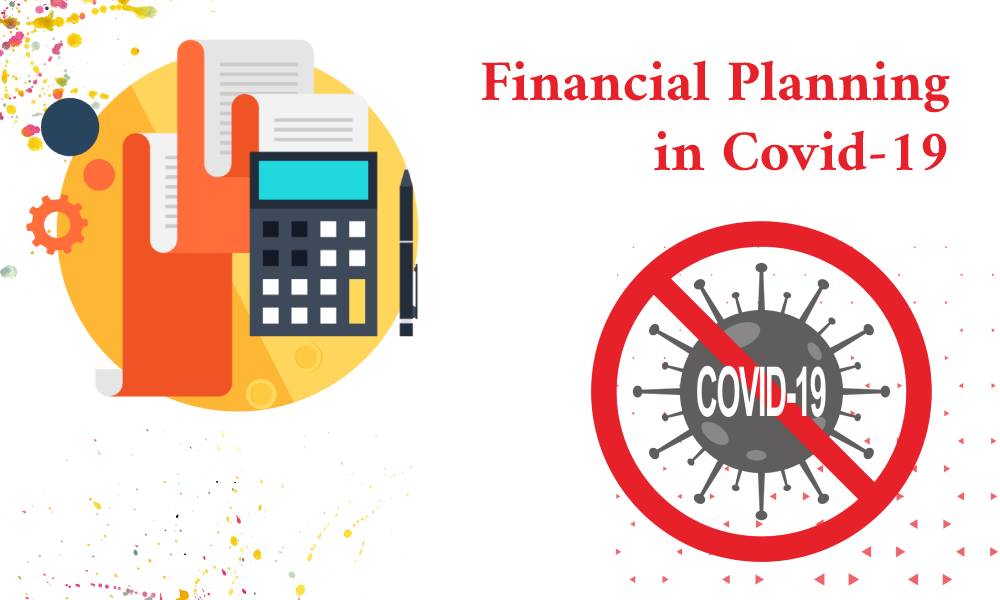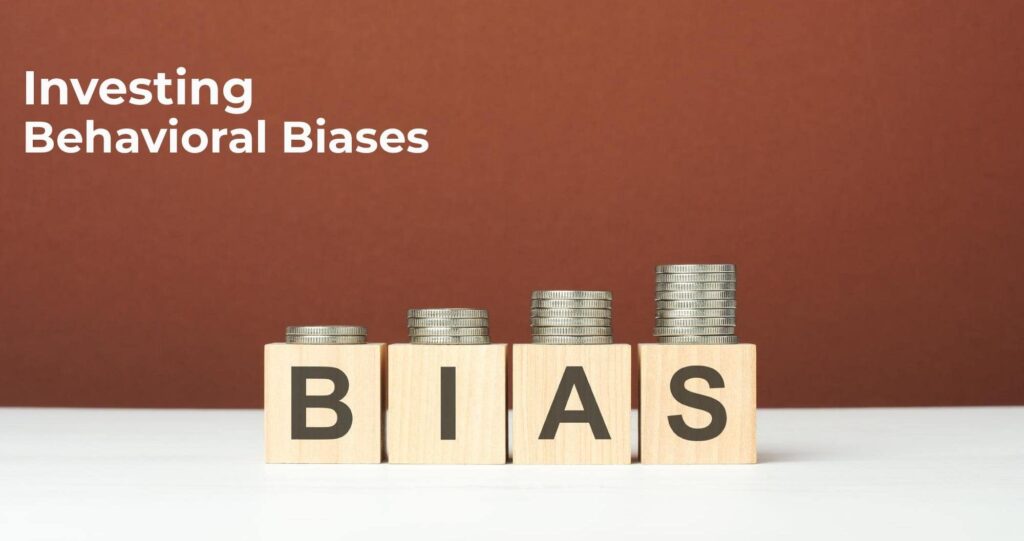A strong myth of striking a balance between Saving and Spending for developing financial stability has been busted by failing the litmus paper test of the new era of financial markets. The term “Investing” which was majorly recognized simply as a synonym for savings now has its own identity superior to savings—investing means a long-term horizon, with long-term goals such as children’s higher education or retirement. The most influential and focused difference between saving and investing is a risk. Nowadays the balance required is between Investing and Spending. Saving loses its identity when the inflation monster is constantly nibbling at the principal value of your savings. One who is unaware of the market and its working strictly needs a financial advisor or a planner to invest their blood sweat earnings somewhere to beat inflation for an optimum return.
Any financial advisor or planner will manage your finances responsibly in order to bring out optimum returns which could not only give you returns but also the returns that outshine the monster of inflation.
The first step towards financial discipline is to calculate monthly income and expenses. The Income includes take-home salary and income from other sources if any while expenses should consist of all the day-to-day expenses as well as provisions being maintained for the contingencies. This exercise will give a rough idea about disposable income. One can quickly climb to the next step of financial planning.
The next step is to think before purchasing as the older generation has always pointed out towards categorizing one’s shopping list into “Things you need” and “Things you want” because they knew that most of the impulsive buying happens in the latter. So ask yourself this question before you purchase anything “Is this necessary at this point in time?” and be honest while answering. If the answer is “No” then one can decline or postpone the possession or purchase of that item. This helps to save the money which further can be invested.
Make use of most of the offers while shopping, there is no shame or hesitation about the same. Keep an eye out for discounts or seasonal sales so as to seek benefits from lower costs. Timing the procurement of optional goods during the discount period specifically during festivals or end-of-season sales can be a smart move to cut down on shopping expenditures. The saved money can be invested in a mutual fund via monthly SIP in different categories of funds at the initial stage and can be transferred to different funds via a Systematic Transfer Plan if required.
Swiping the credit card for every little expense we do seems to be easy but one should not forget that if by any chance one fails to make full payment on or before the due date then that turns into one of the costliest expenses. That combined with an increased urge to splurge, which credit cards usually trigger, might wreak havoc on your monthly budget. The famous phrase that needs to be mentioned here is that one should cut the coat as per the cloth.
All the aspirants of financial discipline must remember that just like with the falling of a few drops of water on a regular basis, the pot gradually gets filled up so is the case with building a corpus. Every penny that you save and invest counts.






